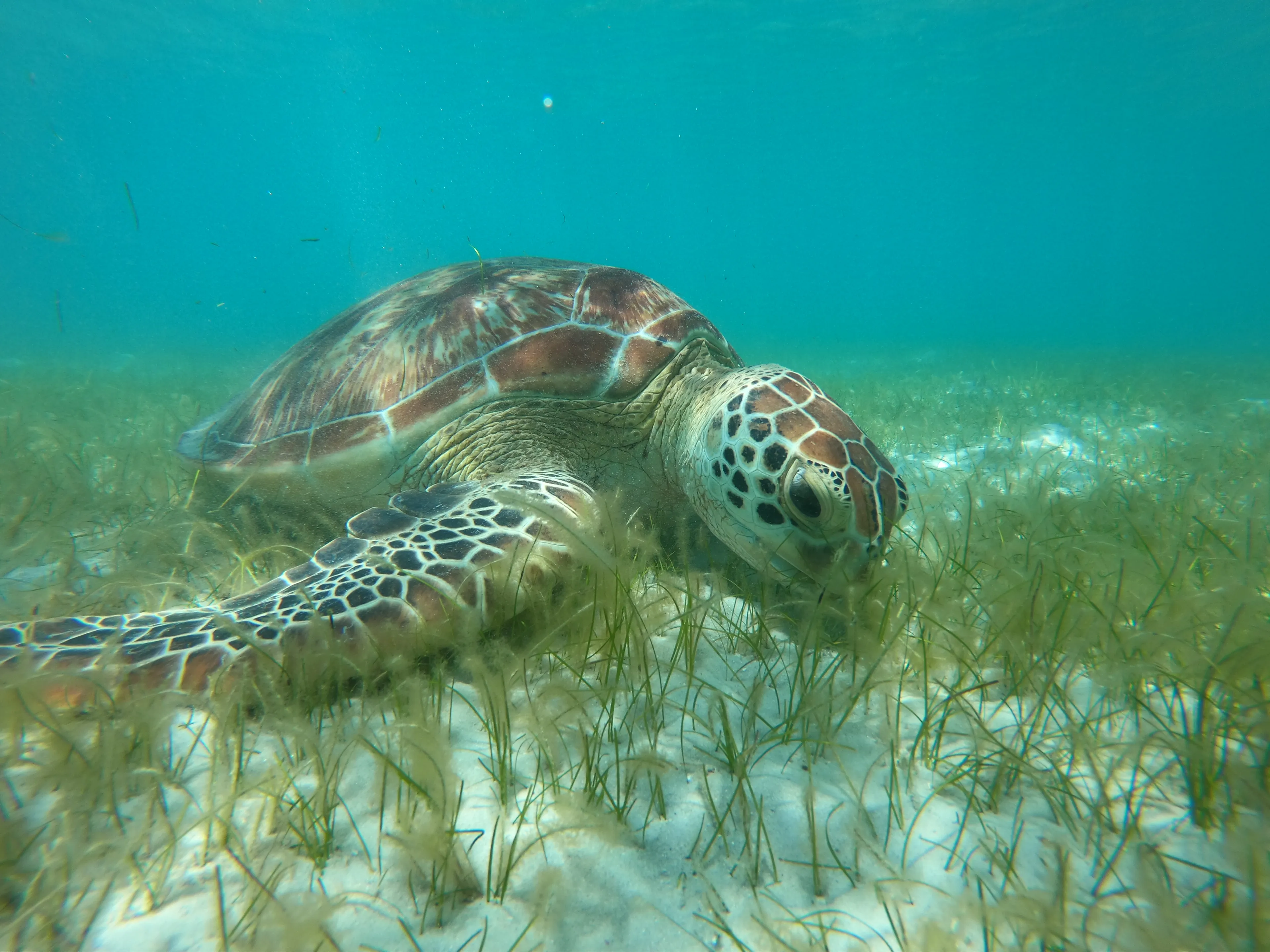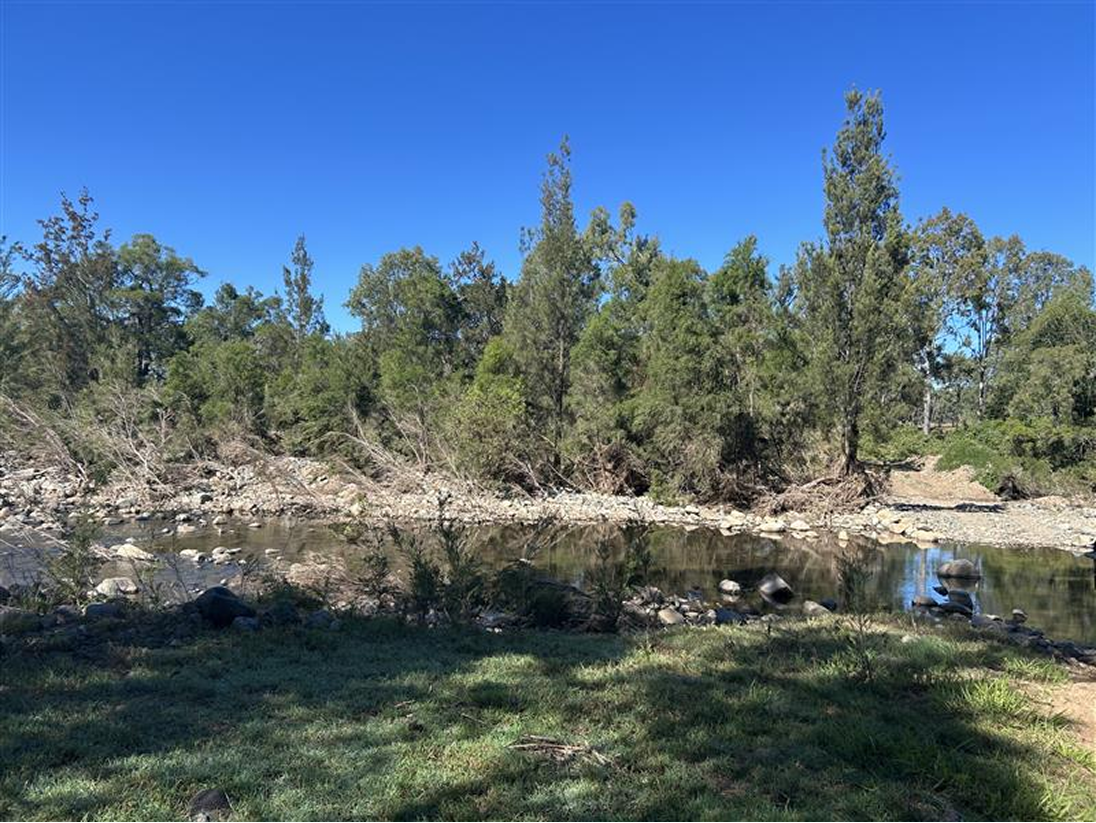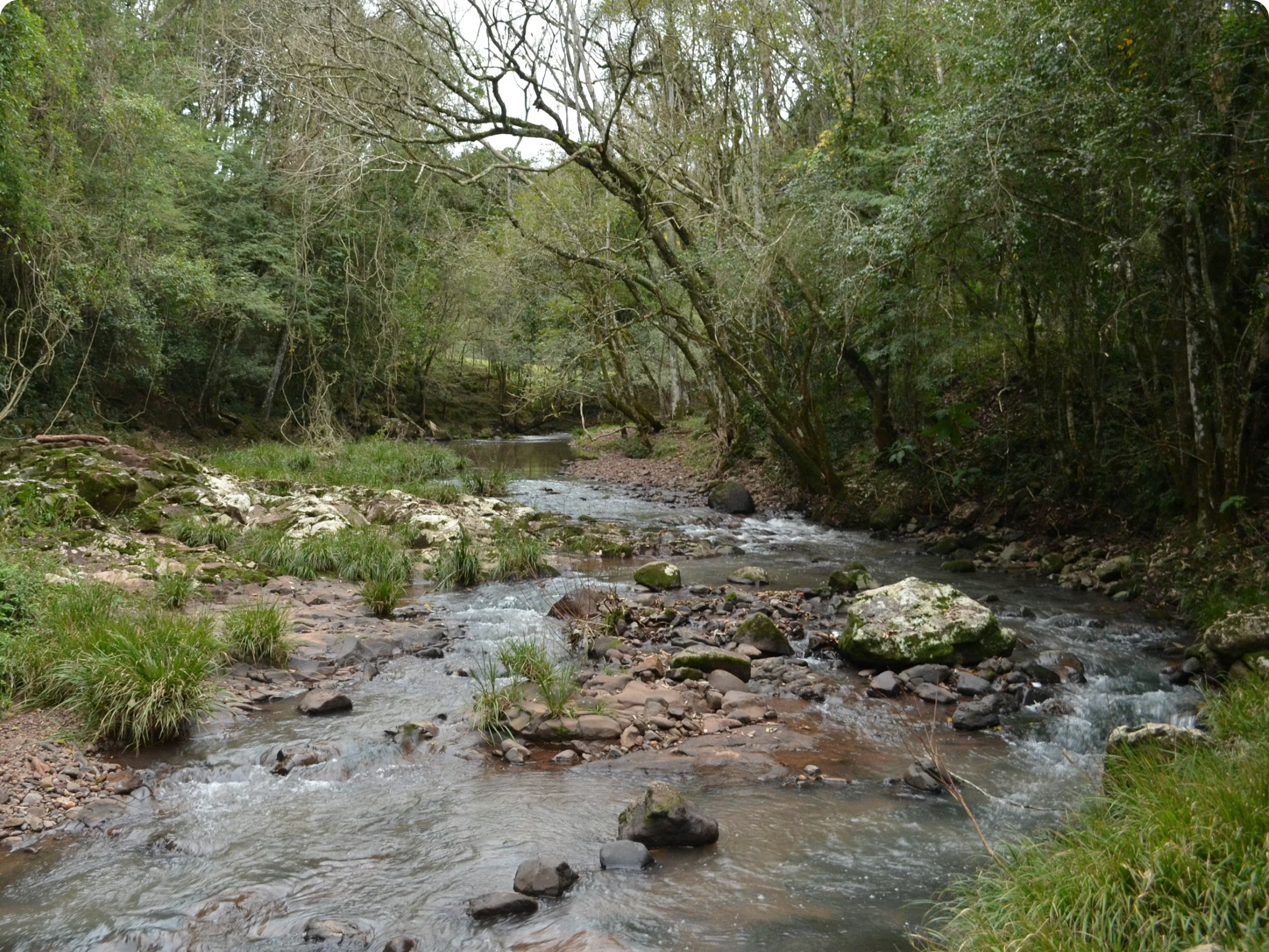Coca‑Cola Foundation supports seagrass restoration to protect the Great Barrier Reef
First-of-its-kind project brings together scientists, Indigenous rangers and the local community
Australia, 15 April 2025: The Coca‑Cola Foundation (TCCF), the global philanthropic arm of The CocaCola Company (TCCC), and Great Barrier Reef Foundation today announced a first-of-its-kind project to revive the Great Barrier Reef’s seagrass meadows, a critical habitat for marine life.
Following the devastation caused by Cyclone Jasper in December 2023, vast areas of seagrass in Kurrimine and Cowley Beach on the Cassowary Coast, within Mandubarra’s Sea Country, were left barren. With extreme weather events increasing in frequency due to climate change, natural recovery is no longer guaranteed. Without intervention, these meadows - lifelines for endangered dugongs and green turtles - may never return.
“Thanks to the support from The CocaColaCoca‑Cola Foundation, this is the first time a seagrass restoration project of this kind has been attempted in tropical Australia at scale,” said Anna Marsden, Managing Director, Great Barrier Reef Foundation.
The US$500,000 (~AUD$795,500) commitment from The CocaColaCoca‑Cola Foundation to the Great Barrier Reef Foundation will enable this pioneering three-year partnership project to replant and nurture seagrass across a 1,500 hectare meadow. To achieve this, the Great Barrier Reef Foundation will partner with James Cook University TropWATER researchers, Mandubarra and Goondoi Rangers as well as local community groups to refine and scale cutting-edge methods to restore this critical habitat.
“This is more than just habitat restoration - it’s a lifeline for the Reef’s marine species that rely on this critical ecosystem and the communities who have cared for them for generations. Seagrass meadows are underwater powerhouses, improving water quality and protecting coastlines from storm surges, all while capturing carbon to help combat climate change. Ultimately, healthy reefs are reliant on healthy seagrass,” Marsden continued.
The project will focus on restoring the narrow-leaf seagrass (‘Halodule uninervis’), a key species in the Great Barrier Reef and tropical Australia. Specially designed seagrass nurseries will grow planting stock from seagrass flowers collected in the area, with the plants and seeds used to restore seagrass meadows near Kurrimine Beach and Cowley Beach, closely linked to King Reef. Research and trials will refine propagation techniques for future large-scale restoration.
Jayden Crump, Mandubarra Aboriginal Land and Sea Inc Seagrass Project Officer said:
“The health of seagrass is deeply connected to our key cultural indicator species - the turtles and dugongs - and it reflects the health of the surrounding habitat and the health of the species that rely on it for shelter and food.
“This project gives the Mandubarra people the opportunity to deepen our understanding of data collection, strengthen our knowledge of how seagrass, turtles, and dugongs interact, and better share the significance of this relationship with our community. Being on Country and caring for Country in this way helps us sustain our environment and cultural heritage for future generations.
The Coca‑Cola Foundation’s investment is part of its Climate Resilience Strategy, which supports ecosystems impacted by coastal and climate changes worldwide. This initiative offers a blueprint for future restoration efforts on the Great Barrier Reef and in seagrass ecosystems worldwide. The lessons learned here could help transform the way coastal habitats are revived, helping ensure a future where both nature and communities can thrive.
Carlos Pagoaga, President of The CocaCola Foundation said: “It’s a privilege for us to partner with Indigenous groups and local government to scale seagrass restoration on the Reef. The Great Barrier Reef is one of our world’s most critical ecosystems, a crucial component of the region’s marine health, and a vital part of Australia’s natural heritage. Seagrass meadows are intrinsically connected to the Reef, and through this project, we aim to help sustain the health and resilience of this entire ecosystem for the future.”
The Coca‑Cola Foundation has a long history of supporting initiatives in the Great Barrier Reef area including Project Catalyst, a 15-year partnership with sugarcane farmers in Far North Queensland and WWF Australia, to introduce more sustainable farming practices and help reduce agricultural run-off into the reef by around 180 tonnes a year.
Related Articles
- Landcare Australia Partnership
- Healthy Land & Water for the Lockyer Catchment
- Cleaning up the Great barrier Reef- Eco barge Clean seas



